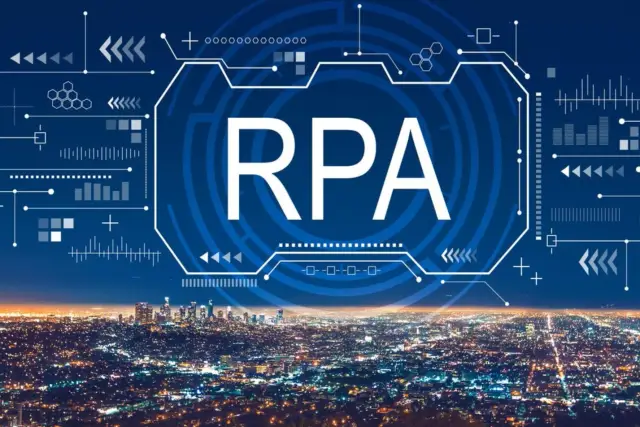RPA Market Growth Expected to Flatten as Companies Shift to AI Automation
Forrester Research predicts the RPA software market will reach $6.5 billion by 2025, but growth will start to flatten in 2023.

As the robotic process automation (RPA) market experiences rapid growth, a recent report from Forrester Research suggests that this trend may begin to plateau in the coming years. The firm predicts that the RPA software market will reach $6.5 billion by 2025, with growth starting to flatten in 2023. This shift is expected as organizations increasingly adopt AI-driven automation solutions, leaving behind legacy RPA methods.
Last year, RPA gained significant attention, with UiPath becoming a market leader and going public at a massive valuation. Simultaneously, larger, more established companies started acquiring smaller RPA vendors. However, RPA has always been perceived as a temporary solution for automating legacy processes before transitioning to more intelligent no-code approaches.
Forrester's report attributes the anticipated slowdown in RPA software market growth to the increasing demand for pandemic-induced automation and ongoing digital transformation programs. Despite this, the services segment, which includes consulting, development, implementation, maintenance, and support services for RPA products, is predicted to experience more robust growth. Forrester estimates that RPA-related services could reach $16 billion by 2025, nearly triple the software it supports. Combining both services and software, the RPA market is expected to be worth $25 billion by 2025.
Global systems integrators, consulting, and advisory firms such as Accenture, IBM, and EY make up the service vendors in the RPA market. These companies may be partners or resellers of RPA software, helping organizations implement complex automation solutions.
Forrester's report also indicates that investment in RPA software may shift towards broader AI automation solutions. RPA, despite its name, is not true AI. RPA bots are more akin to scripts that complete a series of highly manual tasks. In contrast, no-code automation solutions simplify workflow creation, typically without the need for consulting assistance. AI enables intelligent task execution and decision-making based on data, rather than following a predetermined set of hard-coded tasks.
Despite investor enthusiasm for the RPA market, UiPath's valuation has dropped from $35 billion to nearly $15 billion since its last private funding round before its IPO. This decrease in value reflects the overall decline in software companies' stock market performance over the past year.
Recent market consolidation has seen companies like SAP acquiring Signavio, ServiceNow purchasing Intellibot, and Salesforce buying Servicetrace. Additionally, Blue Prism, one of the top three pure-play RPA vendors, accepted a $1.6 billion offer from SS&C after rejecting advances from Vista Equity Partners. This deal is expected to close later this month.
As the market evolves and customers seek more modern AI automation services, platforms like AppMaster are poised to address these needs. AppMaster is a powerful no-code platform that enables users to create backend, web, and mobile applications with ease. By generating real applications and eliminating technical debt through continuous regeneration, AppMaster offers an efficient and cost-effective solution for businesses looking to leverage AI-driven automation.





